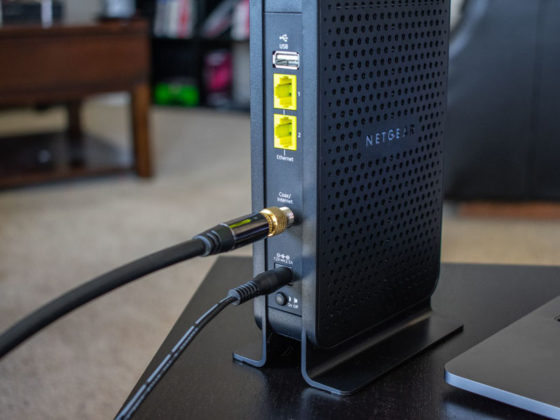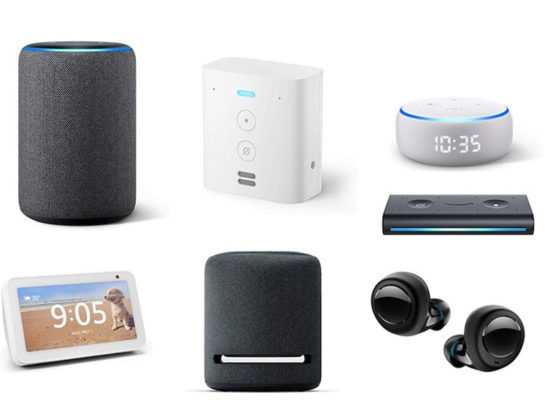Modern buyers want convenient and simplified access to products catalogs via the web but they will also need a personal telephone call or assistance with a knowledgeable sales representative. They often search for products on their smart phones, send off RFQs over the internet, and discuss prices over the telephone on a live call. For this reason, it is crucial for businesses to maintain privacy and security in regards to the personal information that they divulge, particularly when it is transmitted over the internet. Ensuring privacy is best achieved through adoption of best practices when it comes to managing eCommerce transactions.
When it comes to online shopping, many consumers enjoy being able to shop from the comfort of their own home. This is why they turn to eCommerce to do so. In order to complete a secure, private shopping experience, individuals must ensure that their personal information is safe and secure. Many websites, especially those that specialize in collecting and processing credit card transactions, use encryption technology to prevent the transmission of sensitive personal information. When purchasing something via an online catalog or through a company’s website, these individuals can rest assured that their personal information is protected and will not fall into the wrong hands.
However, even with encryption technologies in place, consumers still need to be aware of their security options and the best practices for securing their personal information. The first step to ensuring security is to educate oneself about security best practices. The easiest way to do this is through tutorials and online discussions. Reading articles on the subject matter and watching tutorial videos on YouTube also give individuals a great opportunity to learn more about how to secure their information. The Department of Homeland Security and other federal agencies offer a variety of tutorial and discussion groups designed to help consumers learn about the importance of securing their personal information.
Websites and companies also take advantage of secure sockets layer (SSL) technology to protect their consumer information. Consumers should make sure that their computer’s Internet security suite is capable of dealing with websites that require SSL encryption. This technology is used by websites and companies that process credit card transactions. The encrypted information is sent over the secure internet connection between the buyer’s computer and the merchant’s website. The buyer’s personal information, along with the order confirmation, is passed between the buyer and the seller before it is transmitted to the payment gateway company.
Some companies choose to incorporate their own internal system for securing their ecommerce website and data. Often times, these internal systems are available for purchase or rental but consumers should do a search for them and compare their security options. Some of these security options include application security, database security, application testing, firewall and memory protection among others.
Some companies take advantage of layered security options in addition to using secure sockets layer (SSL). These companies often use a technology called virtual private networks (VPNs). Using a VPN will allow consumers to conduct business online even while they are on the road or in an airport.
Some websites will only accept credit cards and/or debit cards. If a website is only going to accept one type of payment, consumers should research the company to see if they have other options available. Some companies will accept major credit and debit card companies as well as electronic check instead. When consumers are shopping online, they should always check to see if a company accepts the type of payment they wish to make. If a company will accept any and all forms of payment, then the website is likely a legitimate company.
It is important that consumers be aware of where their information is going. Many companies take advantage of this by stealing information directly from consumers. However, it is very possible for a website to protect its consumers. The best way to do this is to use a firewall for protection. A firewall blocks unwanted traffic from going to and coming from a website. It also acts as a barrier against hackers who want to take advantage of the website.




